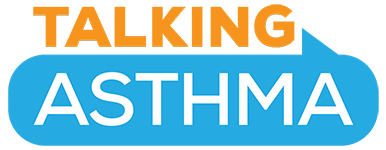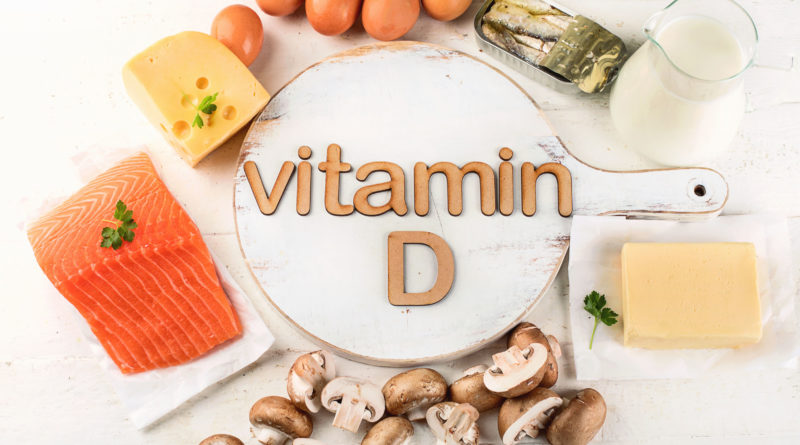You may have heard that diet can play a key role in controlling your asthma, but what are some of the specific items you need to pick up on your next trip to the grocery store? Look for key foods and nutrients that may help support lung function. Here are some key foods to add to your weekly shopping list!
Vitamin D. Getting enough vitamin D may help reduce the number of asthma attacks in children ages 6 to 15. Sources of vitamin D include:
- salmon
- milk and fortified milk
- fortified orange juice
- eggs
If you know you have allergies to milk or eggs, you may want to avoid them as a source of vitamin D. Allergic symptoms from a food source can manifest as asthma.
Vitamin A. Children with asthma typically have lower levels of vitamin A in their blood than children without asthma. In children with asthma, higher levels of vitamin A often corresponded to better lung function. Good sources of vitamin A are:
- carrots
- cantaloupe
- sweet potatoes
- leafy greens, such as romaine lettuce, kale, and spinach
- broccoli
Apples. An apple a day may keep asthma away. According to a research review article in Nutrition Journal, apples were associated with a lower risk of asthma and increased lung function.
Bananas. A survey published in the European Respiratory Journal found that bananas might decrease wheezing in children with asthma. This may be due to the fruit’s antioxidant and potassium content, which may improve lung function.
Magnesium. A study in the American Journal of Epidemiology found that children ages 11 to 19 who had low magnesium levels also had low lung flow and volume. Kids can improve their magnesium levels by eating magnesium-rich foods such as:
- spinach
- pumpkin seeds
- Swiss chard
- dark chocolate
- salmon
Inhaling magnesium (through a nebulizer) is another good way to treat asthma attacks.
Foods to Avoid
In addition to filling your grocery cart with vitamin-rich foods, there are also certain foods that you should try to avoid, including:
- Sulfites, which are found in wine and dried fruits
- Foods that can cause gas, including beans, cabbage, and onions
- Artificial ingredients, such as chemical preservatives or other flavorings
Some foods may trigger asthma symptoms and should be avoided. However, it is best to consult your doctor before you start eliminating certain foods from your diet.
Sulfites are a type of preservative that may worsen asthma. They are found in:
- wine
- dried fruits
- pickled food
- maraschino cherries
- shrimp
- bottled lemon and lime juice
Eating large meals or foods that cause gas will put pressure on your diaphragm, especially if you have acid reflux. This may cause chest tightness and trigger asthma flares. These foods include:
- beans
- cabbage
- carbonated drinks
- onions
- garlic
- fried foods
Surprisingly, one the most powerful places to improve your asthma symptoms is in the grocery store aisle! On your next trip to the store, be sure to add more healthy foods to help manage asthma.
Sources:

